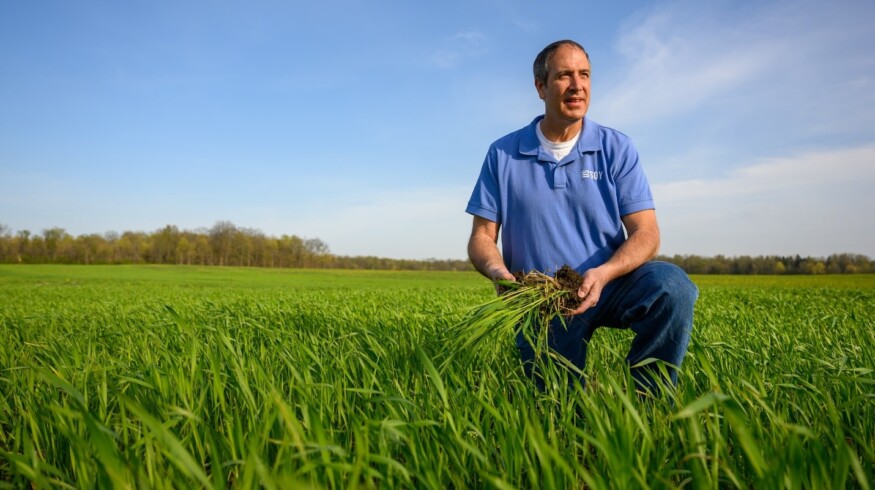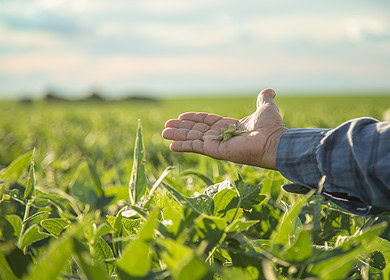US soy industry cuts carbon footprint by 19% from 2015 to 2021 – study

The study, undertaken by the United Soybean Board (USB) and the National Oilseed Processors Association (NOPA), points to a 19% decrease in the carbon footprint of US soybeans in 2021 compared to 2015 levels. A significant reduction in the carbon footprint has been documented in the Life Cycle Assessment (LCA) research that was released today.
This comprehensive analysis assessed the environmental impacts associated with the cultivation, harvesting, transportation, and processing of soybeans, soybean meal, and soy oil. Findings indicate improvements across all stages of the soybean lifecycle, contributing to a more sustainable agricultural sector.
Lucas Lentsch, CEO of the United Soybean Board, highlighted the importance of the study for the industry, stating, “Our investment in research is about creating value for U.S. soybean farmers and ensuring our products are competitively positioned in the market. This study is a testament to our commitment to environmental stewardship and sustainability.”
Soybeans are a vital component of the U.S. agricultural sector, contributing $124 billion to the economy. The U.S. ranks as one of the largest producers and the second-largest exporter of soybeans globally, with production soaring from less than 50 million tons in 1970 to over 350 million tons in 2020. Soybeans constitute about 90% of U.S. oilseed production.
The LCA, conducted by Sustainable Solutions Corporation (SSC), analyzed data from 454 farms across 16 states for the years 2020 and 2021, alongside operations data from 52 soybean processors and 27 soy oil refiners. Results revealed a comprehensive decrease in carbon footprint for all soy commodities, including soybeans (19%), soybean meal (6%), crude soy oil (22%), and refined soy oil (8%).
NOPA President and CEO Kailee Tkacz Buller emphasized the soy processing industry’s role in these achievements, “Our commitment to improving plant operations, manufacturing, and transportation has led to these positive environmental outcomes. We are dedicated to continuing our efforts in collaboration with the entire soy supply chain.”
Contributions to the decrease in global warming potential include advancements in land management, seed quality, reduced pesticide application, and manufacturing efficiencies, such as the transition from coal to natural gas. For more information about the LCA study and its implications for the soy industry, visit www.nopa.org.
Enjoyed this story?
Every Monday, our subscribers get their hands on a digest of the most trending agriculture news. You can join them too!
















Discussion0 comments